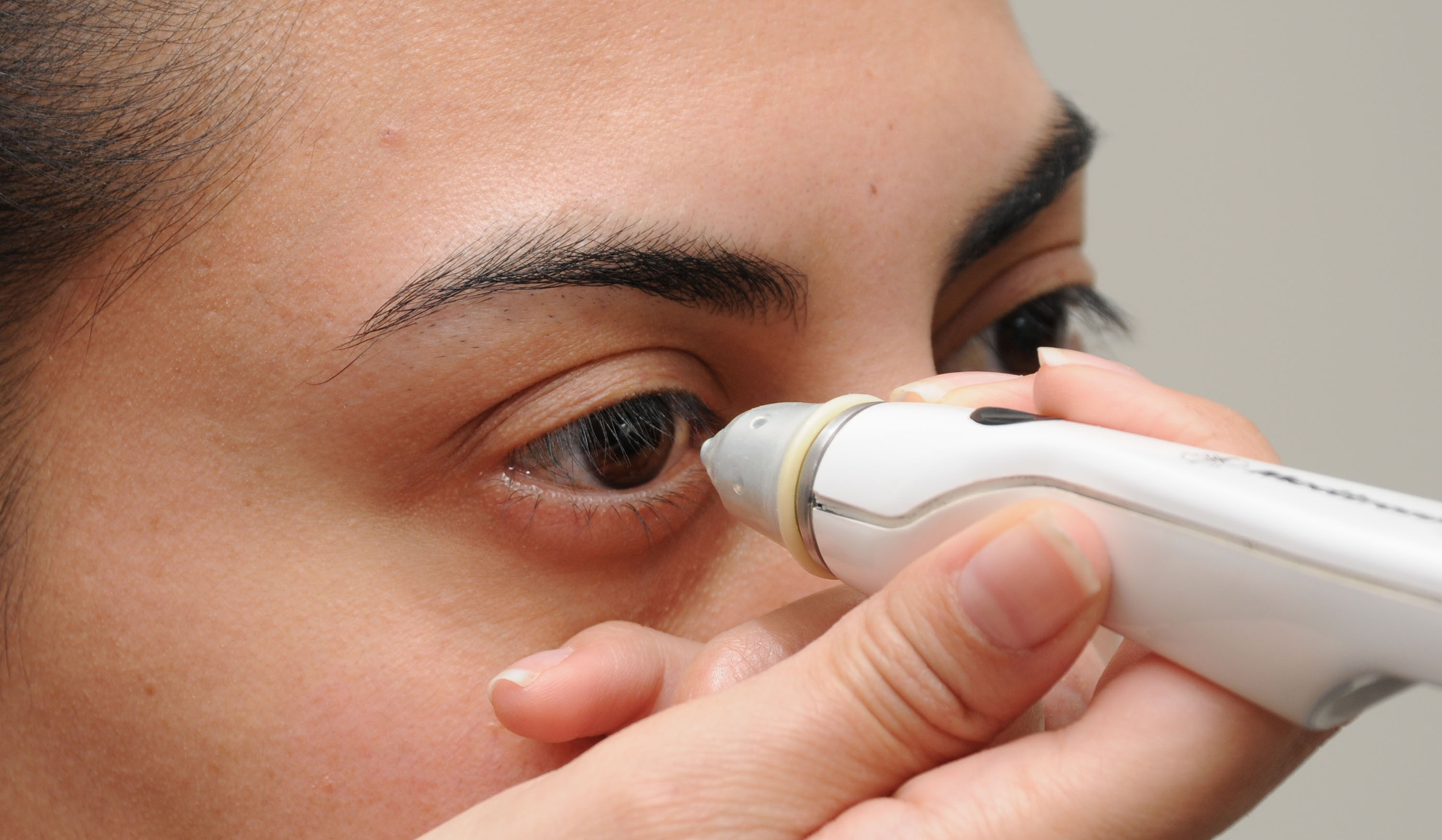+91 9645 600 032 | +91 9895 780 909
Mon to Sat 8.00 am to 6.00 pm
Prevent vision loss with timely interventions
Glaucoma needs immediate attention since it damages the optic nerve, causing vision loss and blindness.
If you suspect glaucoma, it is crucial to initiate prompt treatment to mitigate further vision damage. Detecting glaucoma through comprehensive dilated eye exams is crucial, as symptoms may develop slowly.
Our expert ophthalmologists offer timely interventions for glaucoma patients and recommend eye drops, laser therapy, or surgery, to manage the condition.
Trust us for personalized glaucoma care tailored to your needs.
We deliver the following Glaucoma services:
-
ANTERIOR SEGMENT OCT
-
APPLANATION TONOMETRY
-
PERIMETRY
-
GONIOSCOPY | PACHYMETRY
-
NCT
-
YAG IRIDOTOMY
-
PDT
-
TRABECULECTOMY
What is glaucoma?
Glaucoma is caused by a number of different eye diseases which in most cases produce increased pressure within the eye. This increased pressure is caused by back up of fluid in the eye, which overtime leads to damage to the optic nerve, thus visual loss and blindness.
Who are at risk of Developing Glaucoma?
Individuals at risk include
-
Age over 40 years of age
-
Glaucoma in the family
-
Regular, long term steroid use
-
Have myopia, diabetes
What are the symptoms of Glaucoma?
There may be no symptoms in early stages, in the more common form, primary open angle glaucoma. As the glaucoma gets worse, you may slowly lose your side vision. In the end stages, straight ahead vision may decrease, until no vision remains. This visual loss is irreversible. In primary angle closure glaucoma, symptoms include blurred vision, haloes around light, eye pain and headache, sometimes associated with nausea and vomiting.
How is Glaucoma Diagnosed?
There may be no symptoms in early stages, in the more common form, primary open angle glaucoma. As the glaucoma gets worse, you may slowly lose your side vision. In the end stages, straight ahead vision may decrease, until no vision remains. This visual loss is irreversible. In primary angle closure glaucoma, symptoms include blurred vision, haloes around light, eye pain and headache, sometimes associated with nausea and vomiting.
How is Glaucoma Treated?
Once detected, glaucoma usually requires ongoing, lifelong care. Glaucoma is typically treated with eye drops to control the eye pressure. Laser surgery may be done to reduce the need for pressure lowering eye drops. Glaucoma surgery may be required in some cases to lower the intraocular pressure. Regular checkups are still needed even after medications or surgery have controlled the eye pressure.



